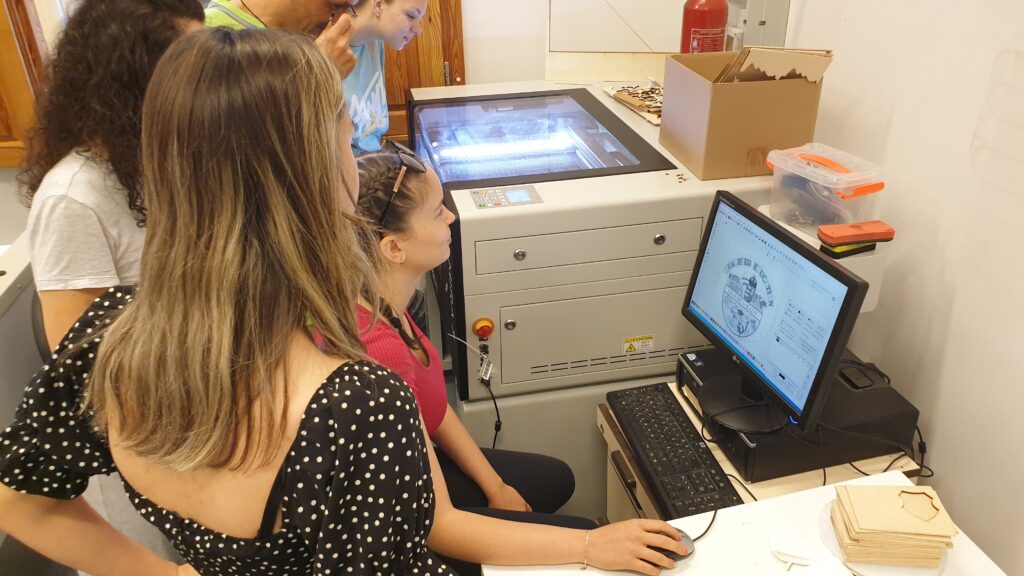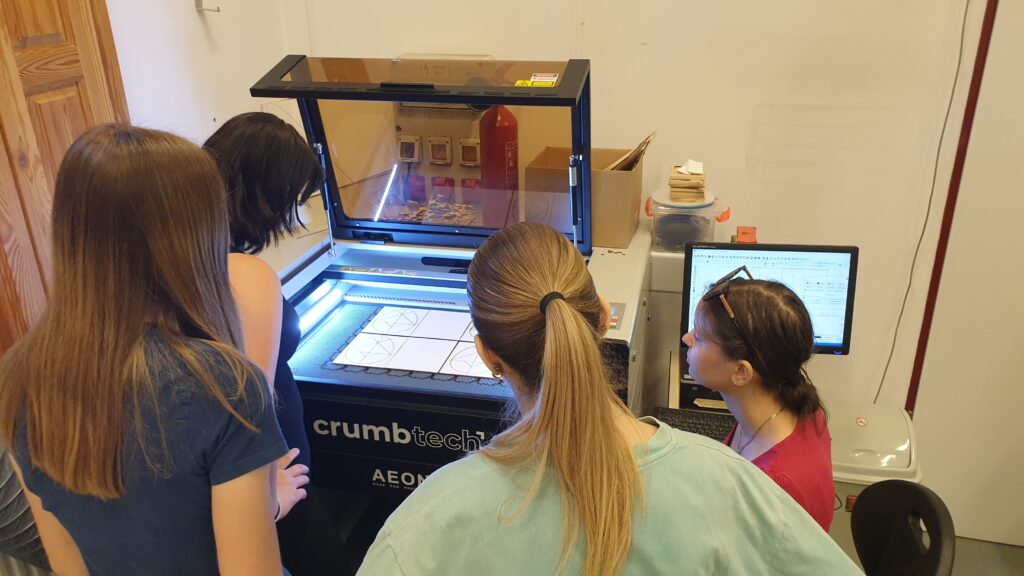The implemented activity followed the original plan, focusing on developing students’ problem-solving abilities through real-life, sustainability-themed projects. Each partner institution prepared its own project addressing issues such as climate change, soil pollution, water management, and waste recycling. Activities included research, prototype development, preparation of project-based course content, and the creation of short explanatory videos in English. These were exhibited, discussed in workshops, and uploaded to the project website and social media channels.
The activity directly supported the project’s aim of fostering innovative, project-based learning methods. Students worked collaboratively to address environmental problems, applying critical thinking and creativity to develop workable solutions. The process promoted teamwork, problem-solving, and the practical use of English in academic contexts. Teachers enhanced their skills in guiding project-based work, integrating technology, and managing collaborative, multicultural teams. The activity also strengthened school–community links by involving families and local stakeholders in presentations and discussions.
Results:
- Development of joint project presentations, research reports, and digital content on sustainability topics: “Climate Change and Energy Management”, “Soil Pollution Management”, “Water Management”,”Waste Management”
- Completion of collaborative online plans for implementation in schools.
- Dissemination materials such as posters and presentations.
- Each partner prepared a 2–5 minute video presenting their project results.
- Event-specific prototypes showcasing innovative environmental solutions.
- Creation of project-based course content (2 per partner, total of 8).
- Strengthened critical thinking, teamwork, and collaborative problem-solving abilities.
- Enhanced English communication skills and intercultural understanding.
- Growth in leadership skills.
- Improved digital competencies.
- Support for students’ cognitive, affective, and psychomotor development.
- Opportunities for students to discover their talents and strengths.


